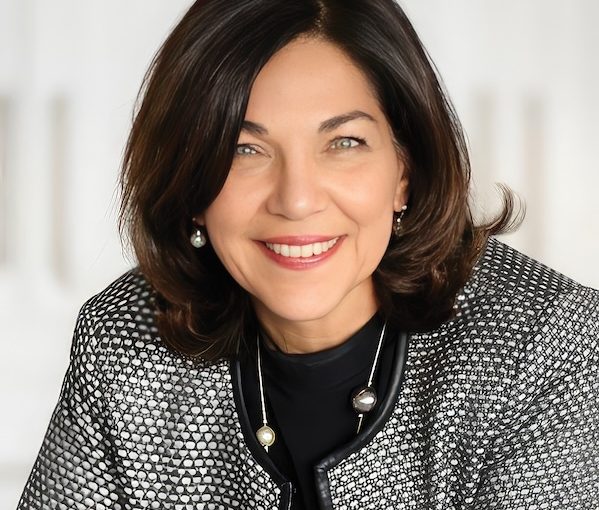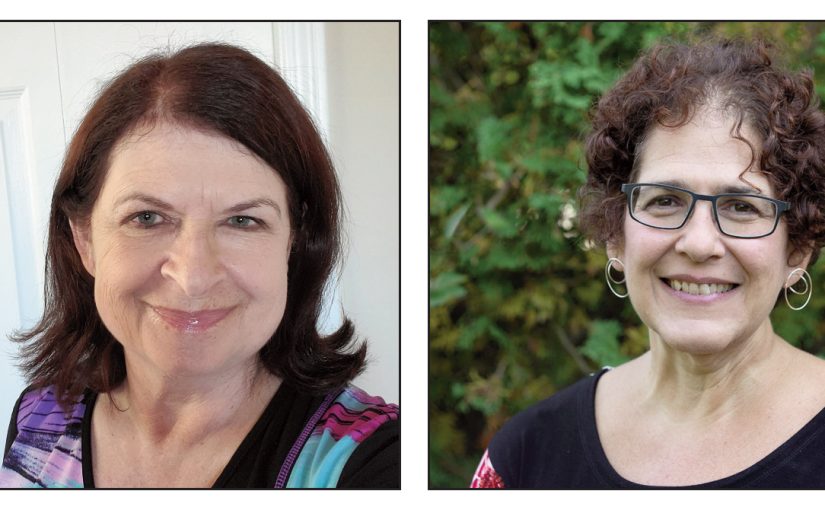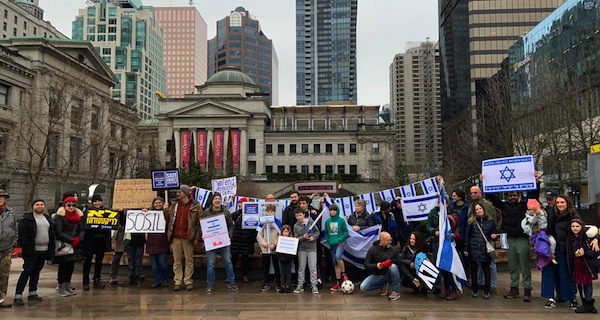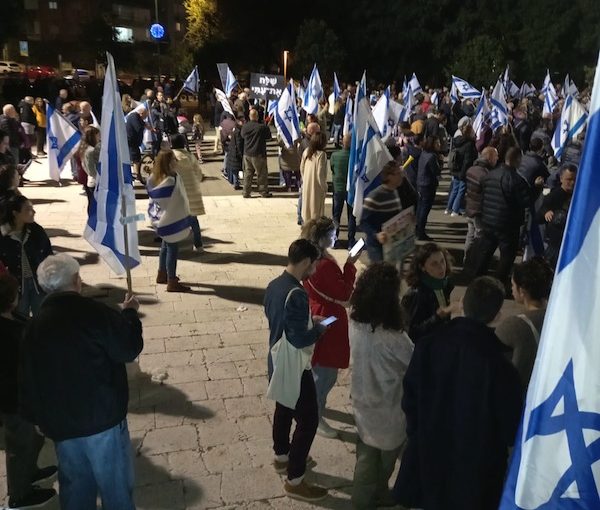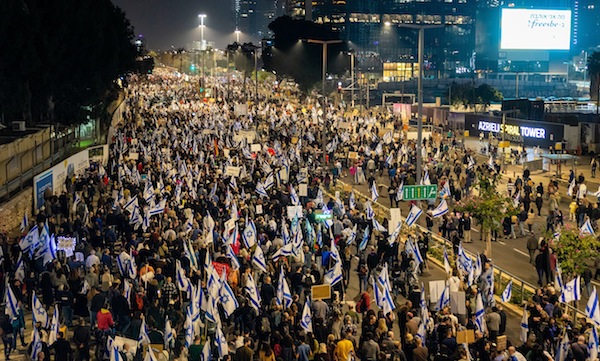Raquel Benzacar Savatti, chief executive officer of Israel Bonds Canada. (photo from Israel Bonds Canada)
The phones at Israel Bonds Canada have been ringing off the hook since Oct. 7, according to Raquel Benzacar Savatti, chief executive officer of the organization that sells bonds for the Israeli Ministry of Finance in this country.
Canada has always shined in terms of its large base of retail purchasers of Israel Bonds, Savatti told the Independent earlier this month. That base has grown substantially.
“Jews to Israel are like firefighters to a burning building. When that building is on fire, they run towards it. When Israel is in trouble, Jews in the diaspora run towards it,” Savatti said.
Israel Bonds can be purchased online and Savatti noticed that many new accounts were opened in October.
“The volume was incredible – people I have not heard from in years, people I have never heard from before, young people. We always asked, how are we going to capture the next generation? This was it,” she said. “People understand it’s a very direct way to show their support of Israel.”
Savatti stressed that Israel Bonds is looking to engage as much as it can with the community in Vancouver and beyond. She praised the work of Ross Sadoff, executive director of the organization for British Columbia, noting that a lot of people in the province reinvested after their bonds reached maturity in recent months.
“We have to be together in our support of Israel and for each other. We have to have hope…. Israel has historically proven that after any conflict it has come out stronger and more innovative. I firmly believe we are going to see more of that when this is over,” she said.
Savatti underscored that the war has caused economic devastation in Israel, yet the country still has to operate and, ultimately, rebuild. The majority of Israel’s budget comes from taxpayers and there are a lot of people not working right now. Concurrently, there are challenges with sustaining the farming sector, the shuttering of businesses, the need to house evacuees and missing tourism dollars as a result of the war.
More than $50 billion has been invested through Israel Bonds by people from all over the world since its inception in 1951, creating a direct connection with Israel for many in the diaspora. In 2023, Israel Bonds had set a global goal of $1.5 billion US – by the end of the year, the amount exceeded $2.7 billion US, the bulk of which arrived after Oct.7. In Canada, more than $130 million US was sold last year and the goal for 2024 is $120 million US, though needs could change.
“I am so proud of us as a country,” Savatti said. “We punch so high above our weight given the size of our Jewish community. Per capita, we do better than any other country.”
The bonds are loans to the state of Israel to be used as it sees fit. When a particular bond – there are several to choose from – reaches maturity, the loan is repaid with interest. In the 73-year history of Israel Bonds, the country has never defaulted on the payment of the principal or interest of its debt.
In February 2021, with Savatti as CEO, Israel Bonds (officially Canada-Israel Securities) became a registered broker-dealer.
“This decision to become regulated came under the behest of the government of Israel,” Savatti said. As such, anyone who sells Israel Bonds must take the Canadian Securities Course, which would allow them to serve in an advisory capacity regarding investments as well.
“Whatever investments are being made by the purchaser, we, as the bonds organization, want to make sure they are suitable,” Savatti said. “We are not advising on a full portfolio, only on how Israel Bonds could work in that portfolio.”
For example, a person can invest in a given Israel Bond as part of a Registered Retirement Savings Plan, a Registered Education Savings Plan, a Tax-Free Savings Account and even a First Home Savings Account, depending on the goals of their portfolio. A person can select a variety of bonds with different dates of maturity.
“They really suit everybody and still make very good bar and bat mitzvah gifts,” Savatti said.
Of the types of bonds on offer, there is, for example, the eMazel Savings Bond, which is only available online; it starts at $36, with a maturity of five years. The Jubilee and Maccabee Bonds last as long as 15 years, with a $25,000 Cdn and $5,000 Cdn minimum, respectively.
Savatti has been connected with Israel Bonds since 2001. Before becoming CEO in 2016, she was the director of women’s and synagogue positions, divisional director, human resources manager, and chief customer officer. She was also the executive director of Ezer Mizion, an Israel health support organization, in Canada for two years.
For more information, visit israelbonds.ca or call 1-866-543-3351. Questions can also be put to Sadoff in the BC office, at 604-266-7210 or [email protected].
Sam Margolis has written for the Globe and Mail, the National Post, UPI and MSNBC.

